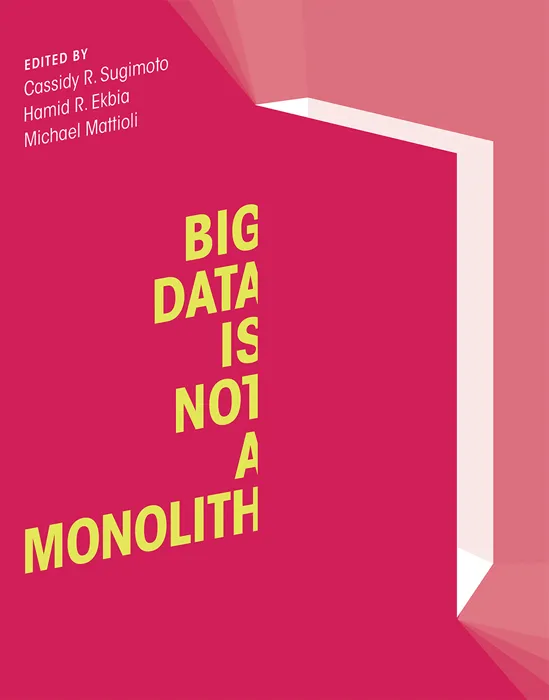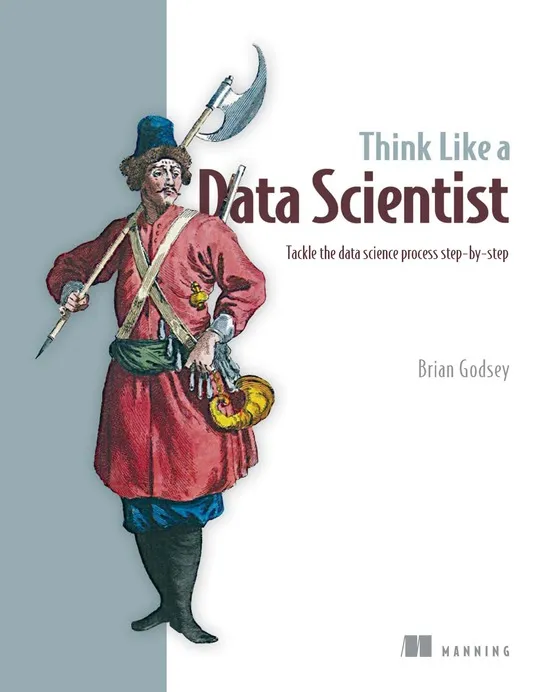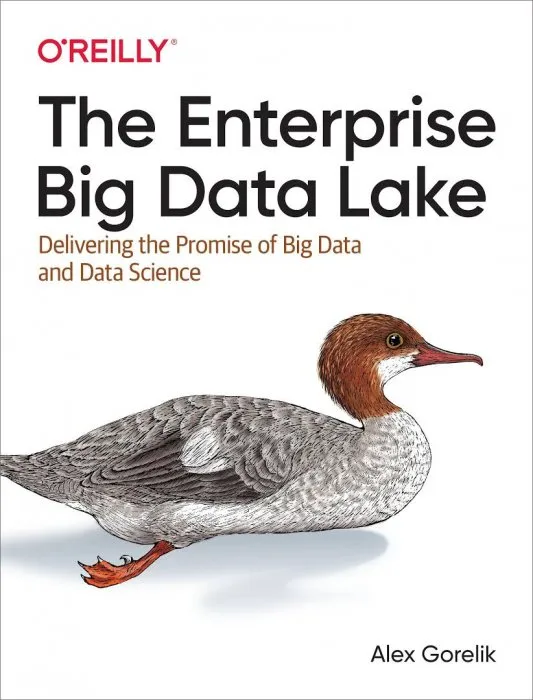Big Data Is Not a Monolith (Information Policy)

Date: October 21st, 2016
ISBN: 0262035057
Language: English
Number of pages: 312 pages
Format: EPUB
Add favorites
Perspectives on the varied challenges posed by big data for health, science, law, commerce, and politics.
Big data is ubiquitous but heterogeneous. Big data can be used to tally clicks and traffic on web pages, find patterns in stock trades, track consumer preferences, identify linguistic correlations in large corpuses of texts. This book examines big data not as an undifferentiated whole but contextually, investigating the varied challenges posed by big data for health, science, law, commerce, and politics. Taken together, the chapters reveal a complex set of problems, practices, and policies.
The advent of big data methodologies has challenged the theory-driven approach to scientific knowledge in favor of a data-driven one. Social media platforms and self-tracking tools change the way we see ourselves and others. The collection of data by corporations and government threatens privacy while promoting transparency. Meanwhile, politicians, policy makers, and ethicists are ill-prepared to deal with big data's ramifications. The contributors look at big data's effect on individuals as it exerts social control through monitoring, mining, and manipulation; big data and society, examining both its empowering and its constraining effects; big data and science, considering issues of data governance, provenance, reuse, and trust; and big data and organizations, discussing data responsibility, "data harm," and decision making.
Contributors
Ryan Abbott, Cristina Alaimo, Kent R. Anderson, Mark Andrejevic, Diane E. Bailey, Mike Bailey, Mark Burdon, Fred H. Cate, Jorge L. Contreras, Simon DeDeo, Hamid R. Ekbia, Allison Goodwell, Jannis Kallinikos, Inna Kouper, M. Lynne Markus, Michael Mattioli, Paul Ohm, Scott Peppet, Beth Plale, Jason Portenoy, Julie Rennecker, Katie Shilton, Dan Sholler, Cassidy R. Sugimoto, Isuru Suriarachchi, Jevin D. West
Big data is ubiquitous but heterogeneous. Big data can be used to tally clicks and traffic on web pages, find patterns in stock trades, track consumer preferences, identify linguistic correlations in large corpuses of texts. This book examines big data not as an undifferentiated whole but contextually, investigating the varied challenges posed by big data for health, science, law, commerce, and politics. Taken together, the chapters reveal a complex set of problems, practices, and policies.
The advent of big data methodologies has challenged the theory-driven approach to scientific knowledge in favor of a data-driven one. Social media platforms and self-tracking tools change the way we see ourselves and others. The collection of data by corporations and government threatens privacy while promoting transparency. Meanwhile, politicians, policy makers, and ethicists are ill-prepared to deal with big data's ramifications. The contributors look at big data's effect on individuals as it exerts social control through monitoring, mining, and manipulation; big data and society, examining both its empowering and its constraining effects; big data and science, considering issues of data governance, provenance, reuse, and trust; and big data and organizations, discussing data responsibility, "data harm," and decision making.
Contributors
Ryan Abbott, Cristina Alaimo, Kent R. Anderson, Mark Andrejevic, Diane E. Bailey, Mike Bailey, Mark Burdon, Fred H. Cate, Jorge L. Contreras, Simon DeDeo, Hamid R. Ekbia, Allison Goodwell, Jannis Kallinikos, Inna Kouper, M. Lynne Markus, Michael Mattioli, Paul Ohm, Scott Peppet, Beth Plale, Jason Portenoy, Julie Rennecker, Katie Shilton, Dan Sholler, Cassidy R. Sugimoto, Isuru Suriarachchi, Jevin D. West
Download Big Data Is Not a Monolith (Information Policy)
Similar books
Information
Users of Guests are not allowed to comment this publication.
Users of Guests are not allowed to comment this publication.




